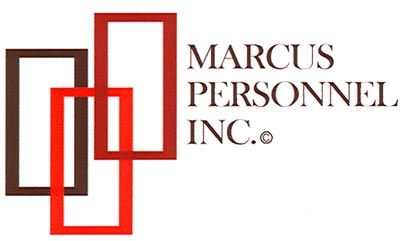Job interviews are nerve-racking experiences even under the best of circumstances. Every now and again, an interviewer will throw out a question that just completely trips you up. It makes you feel, look, and sound uncomfortable--and that's a surefire way to land yourself on the rejection list. That's why it's essential to prepare.
Here are three of the most common questions interviewers ask that can lead to horrible answers for the unprepared. Take a minute to review them and create a strong response for each. Then practice, practice, practice. Remember: The more preparation you do ahead of time, the more confident and well-spoken you'll be. So don't skimp on the prep time.
1. What's your biggest weakness? This one is a favorite for interviewers so it shouldn't come as a shock when you hear it. Unfortunately, too many people flounder and end up saying something like, "I don't know; I can't think of any." Sure, it's uncomfortable to spotlight your weaknesses when you're there to sell yourself. But, if you're unable to do it, you come off as someone who either: (a) honestly believes you have no faults, (b) has never engaged in true self-reflection, or (c) is too afraid to be authentic--and that suggests your hiding some pretty awful weaknesses.
The second worst answer is to use that cliche "trick" where you take a trait that's really a strength and try to spin it into a weakness. You know...things like, "Sometimes, I just care too much about doing a good job" or "I give too much to my work."
Sure. That's your biggest weakness. Riiiiiight.
It's best to be authentic, even though it means sharing a characteristic that's not the most flattering. Share a trait that really IS an area of growth for you and--more importantly--share what you've done and are currently doing to improve it. This shows that you've done some self-reflection and that you aren't afraid of being real in the workplace. It also shows that you recognize the areas on which you should focus your professional development activities.
2. How have you been keeping busy? What professional development activities do you engage in outside of work? If you've been unemployed for any period of time, your interviewer will likely want to know how you're spending your downtime. The worst answer is something like, "I've been catching up on sleep," or "Trying to find a job." Of course you're looking for work--that's a given. And no one wants to hear about your personal activities, whether it involves sleep, time with the kids, or a new workout regimen.
Solely focus your answer on the professional development activities you've been doing: What books are you reading? What classes are you taking? What professional associations are you participating in? What have you done to continue your professional growth during this down time? How are you ensuring your skills are remaining competitive while out of the workforce? This question is an opportunity to shine; don't brush it off.
If you're currently employed, the interviewer might ask a different version of this question, looking for the same response. It might sound something like, "What professional development activities do you engage in outside of work?"
Sadly, a lot of people say things like, "Well, I have two kids so I don't have much time for that kind of thing." Bad answer. If you're not participating in professional development activities regularly, you should be. There's no excuse not to--no matter how busy you are. If you can't answer this question, it looks as if you really don't care about your career. And that makes the decision whether or not to hire you a no-brainer for the interviewer.
3. Do you have any questions for me? This is how most interviewers wrap up the conversation. It's almost a guarantee that they will ask this so it's unbelievable to me that so many people don't have a strong response. Come up with a handful of questions you can ask any interviewer. And don't forget to do your company research too so that you can ask some specifics questions about the business while also showing off your current level of understanding. Here are a few examples of the questions you can ask:
--"When you look at the previous people who were successful in this role, what separated the good from the great?"
--"How do you see this position growing with the company in the future?"
--"Given my background and experience, how well do you think my skills would suit this position?"
--"What are some current business initiatives and how do you envision this role contributing to achieving them?"
All of these questions show that you really care about doing well in the role and that you're looking at this as a long-term career move. They also show that you're interested in the big picture impact this role has on the business. These questions will help keep the conversation going while demonstrating that you're a professional who prepared for this conversation adequately.
